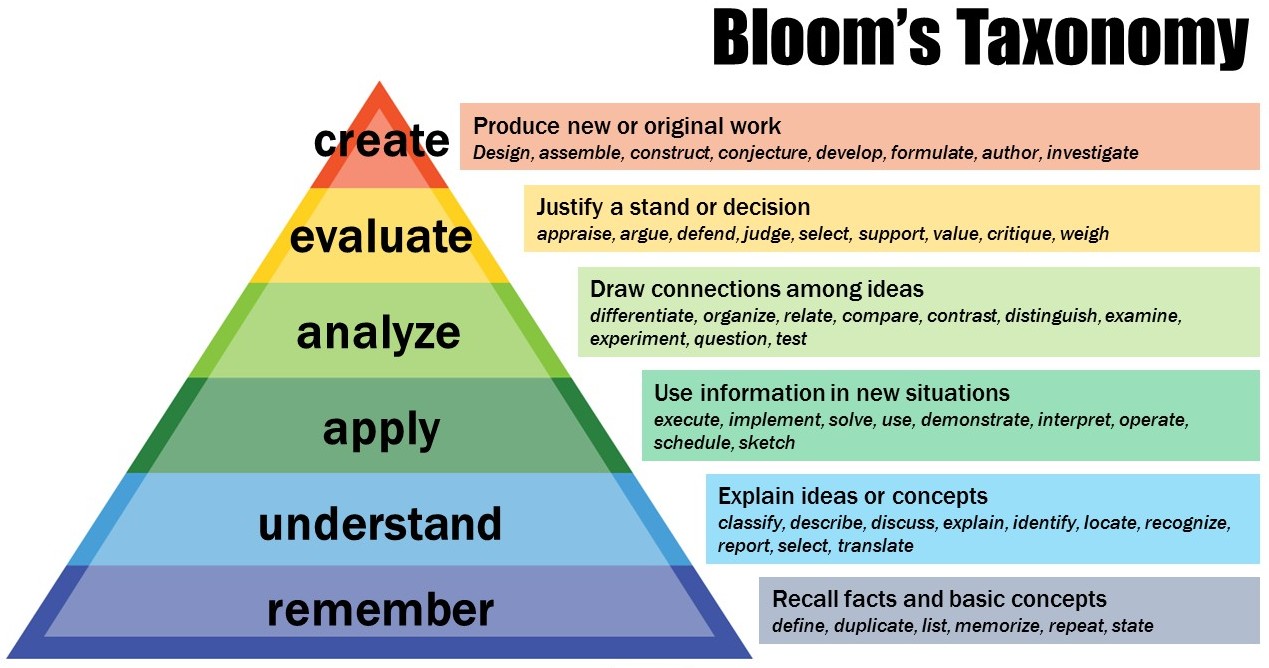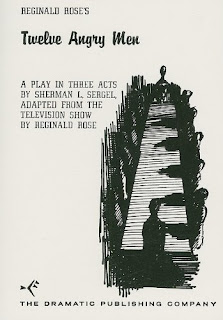9th Field Experience Blog, EGL 440 Samantha Summers
The Importance of Interactive Learning

Teaching should be an interactive process instead of a one-sided task. In order for students to be fully engaged, interested, and motivated to learn, they must be given opportunities to personally connect with the material and to share their own ideas. In their book Making the Journey, Leila Christenbury and Ken Lindblom note that, "When we [teachers] insist that all students know--and repeat back to us--minute details, when we place emphasis on senseless tasks or minor aspects of assignments...we set students up for compliant passivity" (136). In order to prevent a classroom situation in which students are passive recipients of knowledge, teachers should aim to create learning experiences that prompt students to think critically and to not only understand the material but to also realize why it matters.
During a recent observation, I really admired how a teacher of an 11th grade class handled a reading activity. At the beginning of the period, students received print copies of an article titled "What is the American Dream Today?" This article was intended to introduce students to their new unit of study which centered on F. Scott Fitzgerald's The Great Gatsby. An in-class reading of an article can sometimes be presented in a mundane way, in which the teacher reads the whole thing to the students or the students "popcorn" read without ever stopping to discuss what they are reading. However, this teacher had students take turns reading paragraphs but would stop the students frequently to pose questions as they went along. Questions included: "What do you know about the 1920s?", "Do you think money is the root of happiness?," "What are some examples of corruption resulting from wealth that we can see in the world today?," and "What do you think constitutes the 'American Dream' for the modern generation?" Then, after the article was fully read, the teacher asked students their opinions based on what they thought of the article and the points it put forth. The reading of the article along with the supplemental discussion segued into a presentation of a PowerPoint that the teacher had created focusing on background information about F. Scott Fitzgerald and the time period in which Gatsby takes place.

By asking questions of varying difficulties throughout the reading of the article, the teacher prompted a rich class discussion filled with enthusiastic responses from students. The teacher's questions succeeded in reaching various levels of Bloom's Taxonomy such as Recall, Analyze, and Evaluate. Students were able to channel their background knowledge on a particular time period and to engage in cross-disciplinary learning as many students voiced that they knew a bit about the 1920s from their History classes. Students were also able to connect the article's content to the world around them. One student connected the article to the huge success of the Apple company, while another student drew a link between the article and the issue of child labor. Students were also encouraged to connect what they were reading to aspects of their own, everyday lives. By asking questions that relate to students' lives, teachers can recognize students as individuals and can value their unique personal identities and cultural backgrounds within the classroom. The discussion that I observed seemed to elicit excitement and chatter from almost every student in the room, even those who may have been previously alienated or quiet. Therefore, interactive learning fosters deep, critical thinking and can encourage students to want to participate and succeed. Additionally, posing questions that ask students for their opinion directly lets students know that their ideas matter and that the classroom is a safe place for them to voice their thoughts. Also, teachers can utilize opinion-based questions to gauge the effectiveness of a particular text in offering students new insight.


Comments
Post a Comment